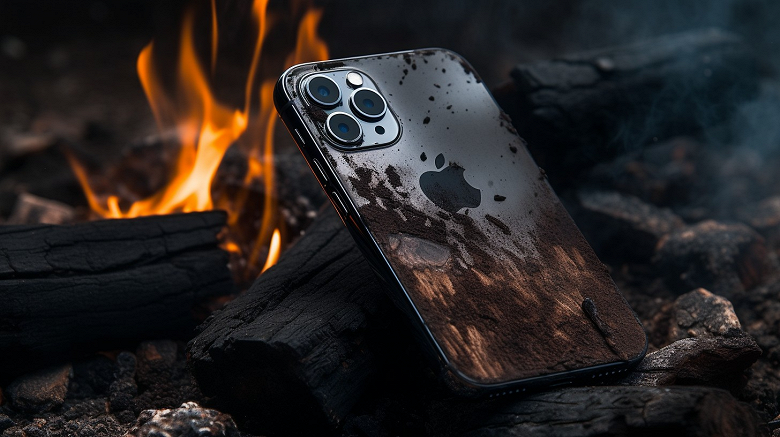New stories published by The Wall Street Journal and Bloomberg
Overheating issues with the iPhone 15 Pro and Pro Max continue to make headlines. This time, The Wall Street Journal and Bloomberg reported on new cases.
Both publications confirm customer complaints and describe potential causes, but it’s unclear how many devices are actually affected. Bloomberg said overheating could be caused or worsened by the iPhone’s setup process, suggesting that higher temperatures can sometimes be a temporary phenomenon.
The Wall Street Journal quoted a customer who said his iPhone 15 Pro Max remained hotter than his iPhone 13 Pro Max several days after setting up the device:
Thomas Galvin, a 23-year-old from Cleveland, says his iPhone 15 Pro Max turned out to be “really hot” and that he’s considering returning it. Apple support told him the heating was a result of customization on the new phone, but even days later it was still “much worse than the iPhone 13 Pro Max.”
Apple will have to slow down the A17 Pro chip, according to Ming-Chi Kuo

Joanna Stern of The Wall Street Journal said her iPhone 15 Pro Max did get warm while charging and performing intensive tasks like gaming, but her iPhone 14 Pro Max reached similar temperatures in the same test. During normal day-to-day use, both devices were in the normal temperature range, Stern said.
Many users on social media have also stated that their iPhone 15 Pro is not overheating, and due to the lack of reliable data, it is unclear whether there is a widespread problem.
On Wednesday, Apple supply chain analyst Ming-Chi Kuo said the titanium frame of the iPhone 15 Pro models negatively impacts thermal efficiency.
Additionally, Ming-Chi Kuo believes Apple will likely address this issue through software updates, but he said improvements may be limited unless Apple reduces the performance of the A17 Pro chip.
Apple hasn’t commented on these concerns, and it’s unclear whether the company will actually optimize the devices in future iOS updates.




